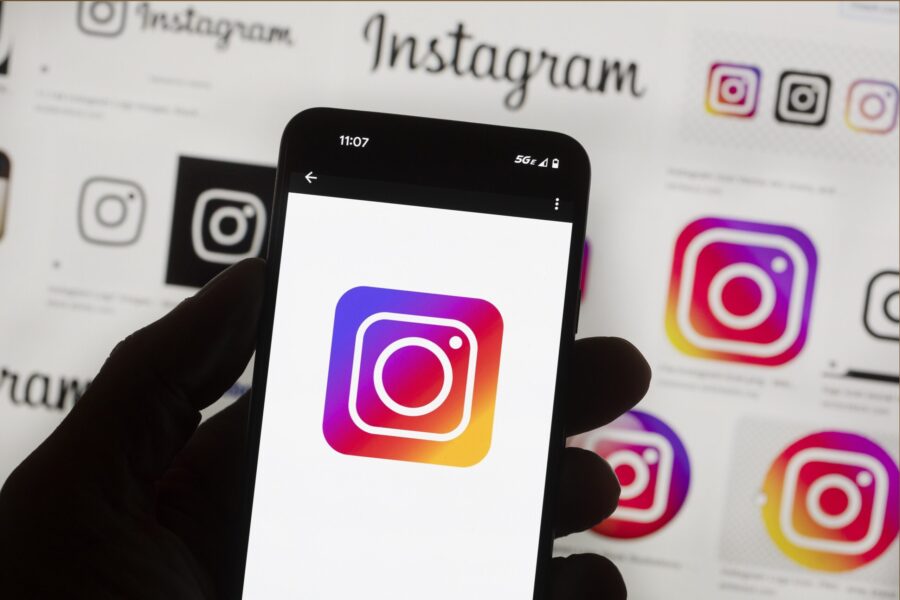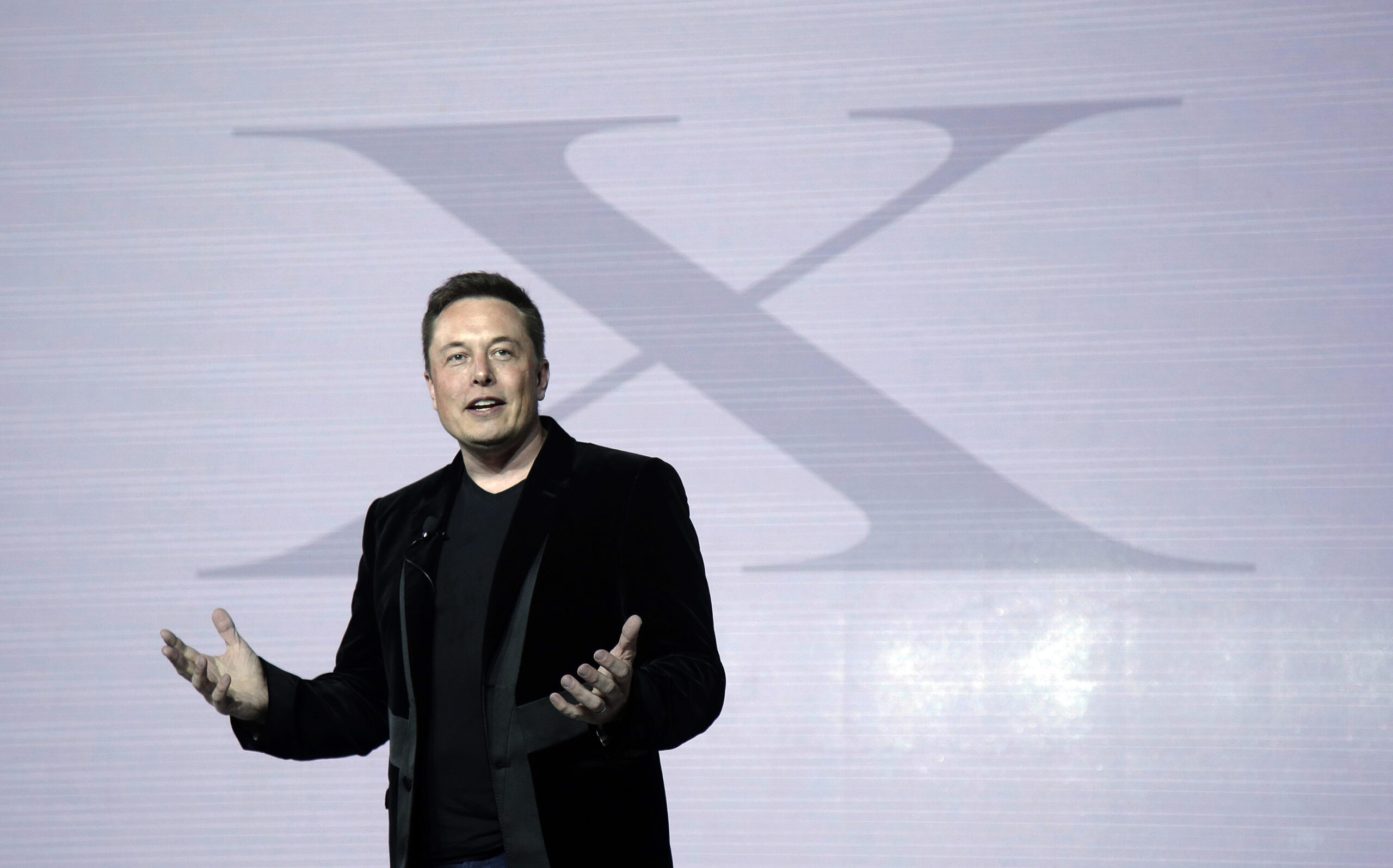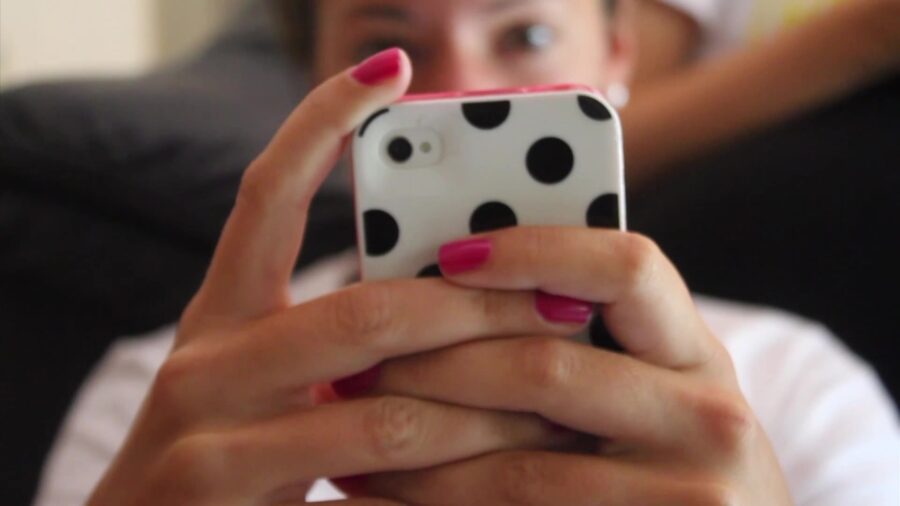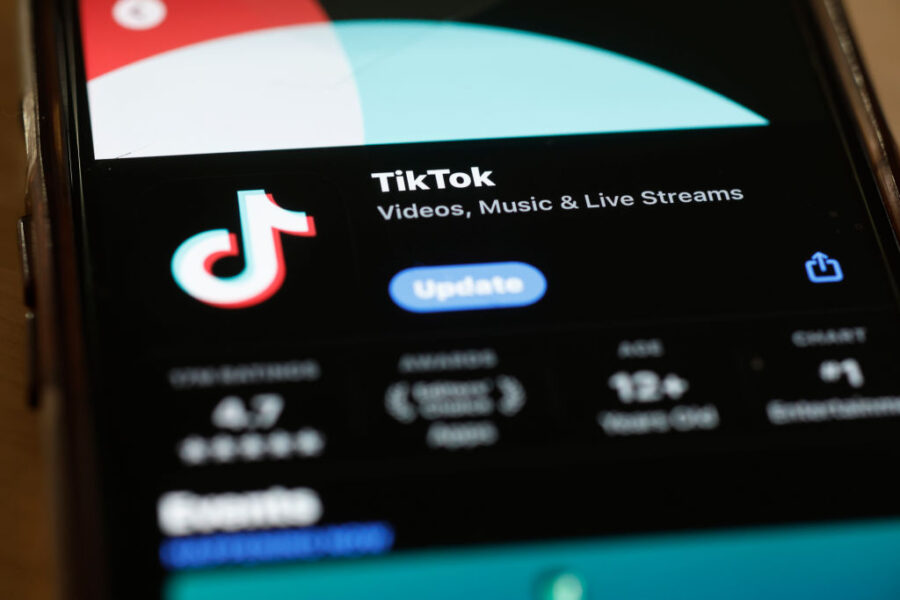Negative effects of social media are ‘obvious,’ Gov. Cox says on ‘Meet the Press’
Jan 3, 2024, 5:53 PM
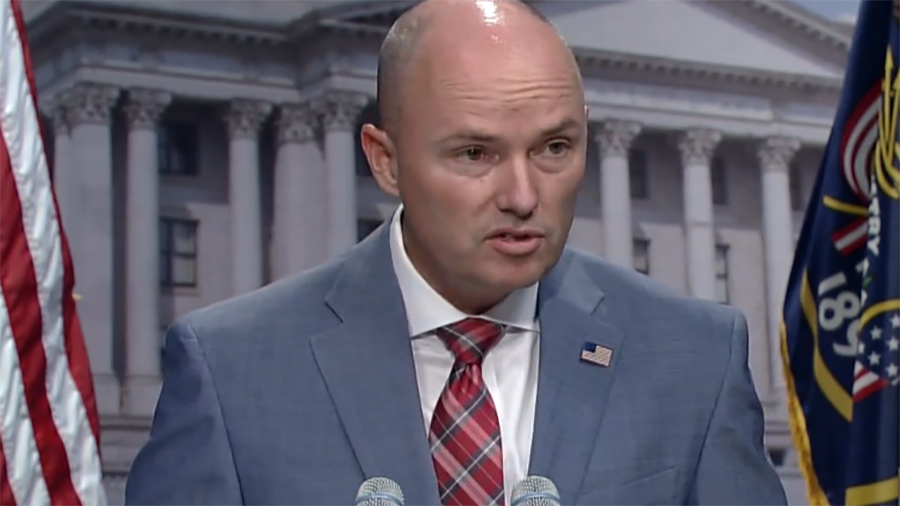
Utah Gov. Spencer Cox speaks during his monthly news conference. (KSL TV)
(KSL TV)
SALT LAKE CITY — Utah Gov. Spencer Cox pointed to social media as a key cause of the mental health crisis across America in an interview Sunday on “Meet the Press.”
“I think it’s obvious to anyone who spends any time on social media or has kids — I have four kids,” Cox said on the program. “I’ve seen what’s happened to them as they’ve spent time on social media, and their friends, that this is absolutely causing these terrible increases, these hockey stick-like increases that we are seeing in anxiety, depression and self-harm amongst our youth.”
Cox, a Republican, was joined by Gov. Jared Polis, D-Colo., during the interview. Cox and Polis have collaborated as part of their ongoing “Disagree Better” initiative — a bipartisan effort to promote curiosity and civility during disagreement.
The “Meet the Press” interview concentrated on the impact Cox and Polis think social media has on mental health, as well as legislative strategies to mitigate its potential negative effects.
Polis agreed with what Cox said about social media having an impact on mental health, but also expressed some disagreement over the solution. “I certainly agree with the diagnosis that Gov. Cox did, and I have some sympathy for that approach. But I do think at the end of the day, the government can’t parent kids. It’s really up to the responsibility of parents to step up. And I think it’s, in many ways, an educational effort for outreach to parents,” he said.
Cox said, “We have seen, again, suicide rates going up, depression, anxiety, self-harm rates skyrocketing. And what we know also is it corresponds with social media becoming ubiquitous and cellphones becoming ubiquitous with our teenagers. Those numbers you cited from the surgeon general are deeply troubling and really sad. We have to take control of this year.”
The U.S. surgeon general issued an advisory on youth mental health and social media saying that “at this point (we) cannot conclude it is sufficiently safe for children and adolescents.”
“Children and adolescents who spend more than three hours a day on social media face double the risk of mental health problems including experiencing symptoms of depression and anxiety,” the advisory said. “This is concerning as a recent survey showed that teenagers spend an average of 3.5 hours a day on social media.”
Throughout Cox’s tenure as governor, he’s made legislation around social media a priority.
The Utah Social Media Regulation Act signed by Cox is expected to go into effect on March 1. Under the law, social media companies would not be able to collect minors’ data or target minors’ accounts with addictive features. It would also create a default curfew for minors’ accounts and block minors from search results.
In addition to the Utah Social Media Regulation Act, the Beehive State has filed a consumer protection lawsuit against TikTok.
“Make no mistake that Utah will continue to lead out to protect children from the harms of social media, and this is not a partisan issue,” Cox said. “We will not stand by while these companies fail to take adequate meaningful action to protect our children. We will prevail in holding social media companies accountable by any means necessary.”
The suit filed in October 2023 alleges that “TikTok targets young consumers’ particular susceptibility to dopamine manipulation to maximize engagement, including through features such as infinite scroll, push notifications, quantifying and displaying popularity (e.g., likes and comments), and algorithms that leverage user data to serve highly personalized content recommendations.”
At the time, TikTok did not respond to the Deseret News’ request for comment.
Cox said the suit had the goal of getting more controls added in for children.
“If the only way we can get their attention is that they end up paying billions of dollars to correct some things of the damage they’ve done — it doesn’t bring back our kids, it doesn’t bring back their innocence — but it’s certainly better than nothing and nothing is what we’re getting from them,” Cox said, adding that he believes “we will … deeply regret that we didn’t do this sooner.”
Utah also filed a suit that same month against Meta and its subsidiary Instagram. A press release stated that the suit alleges Meta created a platform that “effectively captured young children in harmful cycles of excessive use through deceptive and addictive features, all of which constitutes an unconscionable business practice under state law.”
“Just as litigation effectively spurred change by the opioid pharmaceutical industry and Big Tobacco, we expect this lawsuit will inspire Meta to improve its child safety practices,” Cox said in the release. “Regulating social media companies to protect minors is not a partisan issue, and most people across the political spectrum agree we cannot allow addictive algorithms and deceptive practices to continue harming our children. This action shows we will continue to fight for the mental health and well-being of our kids.”
Meta said in a statement that the company shares “the attorneys general’s commitment to providing teens with safe, positive experiences online, and have already introduced over 30 tools to support teens and their families. We’re disappointed that instead of working productively with companies across the industry to create clear, age-appropriate standards for the many apps teens use, the attorneys general have chosen this path.”
In late December, the Utah Attorney General’s Office gave an update on litigation against TikTok saying that the suit was moving forward. “Investigations into other potentially problematic practices remains ongoing,” the update said.




